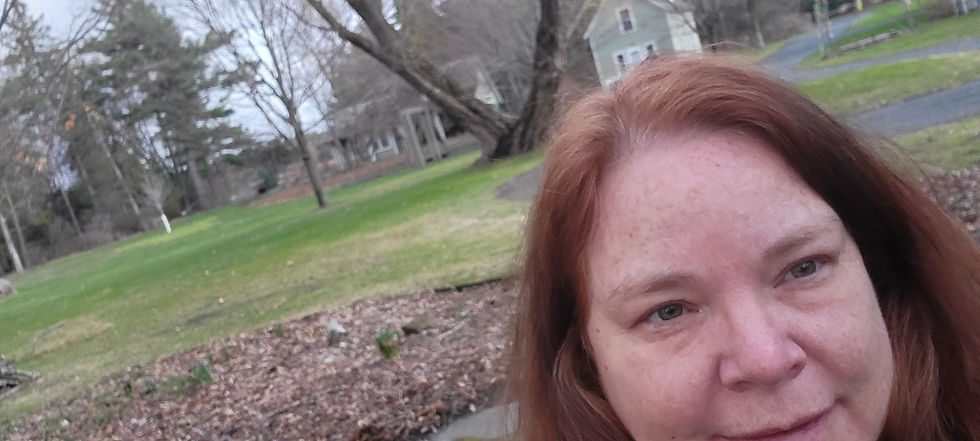Practice Peace
- DAJ

- Oct 13, 2020
- 2 min read
“Every day brings a choice to practice stress or practice peace!”

My husband enjoying the peace
I had an appointment for a two-hour root canal procedure today. Of course, I wasn’t looking forward to it, but then when I got there they told me after looking at the x-rays it looked like they were going to have to remove what was left of the tooth. More complicated dental procedures will follow, with no tooth in the end. I could feel my stress going through the roof.
We should be proud because those of us who have a significant stress response inherited it from our ancestors, and that is part of the fight and flight reaction that helped prevent us from being consumed by a tiger, allowing our gene pool to survive. Our ancestors were always on the lookout.
In our modern world, we don’t need to run away from tigers, so we don’t need an intense stress response. But our complex world also exposes us to more frequent stressors, and reacting to each of our daily challenges with a significant adrenaline burst is not helpful. We need to change our relationship with stress to help us bounce back from life’s frequent challenges. When stressed, our sympathetic nervous system is activated, so we need to activate the parasympathetic nervous system to get the “relaxation response”. The relaxation response encourages our bodies to release chemicals and brain signals that make our adrenaline system slow down.
We can help train our body to activate the “relaxation response” through focused breathing, meditation, yoga, visualization, progressive muscle relaxation, and other activities - even knitting. Meditation has been shown on MRI to induce healing changes in the brain. Sometimes even retraining our belief system can help activate the relaxation response.
Focused breathing and progressive muscle relaxation are two resiliency techniques that are great for turning off the fight or flight response. The more it is done the more it comes naturally to you any time you feel the adrenaline rush of stress. Stress provides us with an opportunity to practice what resiliency is all about, and by using these techniques, we can mitigate the negative effects of stress and thrive.
“Peace is every step.” Thich Nhat Hanh




Comments